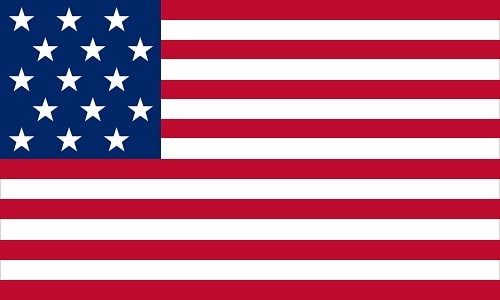
The Business/Tourist visa of the United States of America goes under a nonimmigrant visa. The people willing to visit the USA provisionally must apply for visa B-1/B-2. The B-1/B-2 visa is for people who are eager to visit the USA for the time being. Mostly, the B-1 visa is for tourists consulting with a business associate, attending scientific, educational, professional, or business conventions/conferences, or settle down an estate or negotiating agreements. The purposes of B-2 visa are for travel that is recreational, counting tourism, visits with friends or relatives, medical treatment, and events of a sibling, social, or service nature. Often, the B-1 and B-2 visas are collective and dispensed as one visa: The B-1/B-2.
If anyone wants to apply for a B-1/B-2 visa, he or she must validate to a consular officer that he or she qualifies for a USA visa in agreement with the USA immigration and Nationality ACT (INA). Section 214(b) of the INA believes that every single B-1/B-2 applicants are an anticipating immigrant. The applicant must overcome this legal assumption by displaying the following:
Personal or domestic employees and crew members employed overseas vessels within the Outer Continental Shelf may be eligible for a B-1 visa under certain conditions. Some foreign residents may be unqualified for the visa as per the INA.
If you are planning for applying for a business/tourist (B-1/B-2) visa, you need to submit the following:
In adding to these pieces of stuff, you must present an interview appointment letter approving that you have reserved an appointment through the concerned website. You are free to carry any other supportive papers you have confidence in backing the evidence provided to the consular office.
Please follow the steps mentioned in the below:
Step 1: Fill up the Nonimmigrant Visa Electronic Application (DS-166) form.
Step 2: Pay the visa application fee.
Step 3: Book your appointment for an interview from the concerned website. You will require the following information in a directive to schedule your appointment.
Step 4: You need to go to the U.S Embassy or Consulate on the date and time of your visa interview. You must carry with you a printed copy of your appointment letter, your DS-160 application approval page, one photograph taken within the last six months in the prescribed format, and your current and all old passports. The application short of all of these items will not be accepted.
You should take the following papers for your interview. Original documents are always ideal over photocopies, and you must bring these documents with you to the interview. Confirm that you do not bring any documents in a closed cover to the Embassy for your interview. Do not fax, email, or mail any supporting documents to the U.S. Embassy or Consulate.
Furthermore, grounded on your persistence of travel, you should consider bringing the following:
Students: Bring your latest school results, transcripts, and degrees/diplomas. Also, bring evidence of financial support, such as monthly bank statements, fixed deposit slips, or other evidence.
Working adults: Bring an employment letter from your employer and pay slips from the most recent three months.
Business people and company directors: Bring evidence of your position in the company and remuneration.
Visiting a relative: Bring photocopies of your relative’s proof of status (e.g., Green Card, naturalization certificate, valid visa, etc.).
Previous visitors to the United States: If you were previously in the United States, any documents attesting to your immigration or visa status.
Supporting Documents for Applicants Seeking Medical Care: If you demand to travel to the United States for medical treatment, then you should be arranged to present the following documents in addition to the papers itemized above and those the consular officer may want:
A declaration of monetary accountability from the persons or organization compensating for your transport, medical, and living expenses. The individuals assuring payment of these incidentals must deliver proof of their capability to do so, often in the form of a bank or other announcements of income/savings or certified copies of income tax returns.